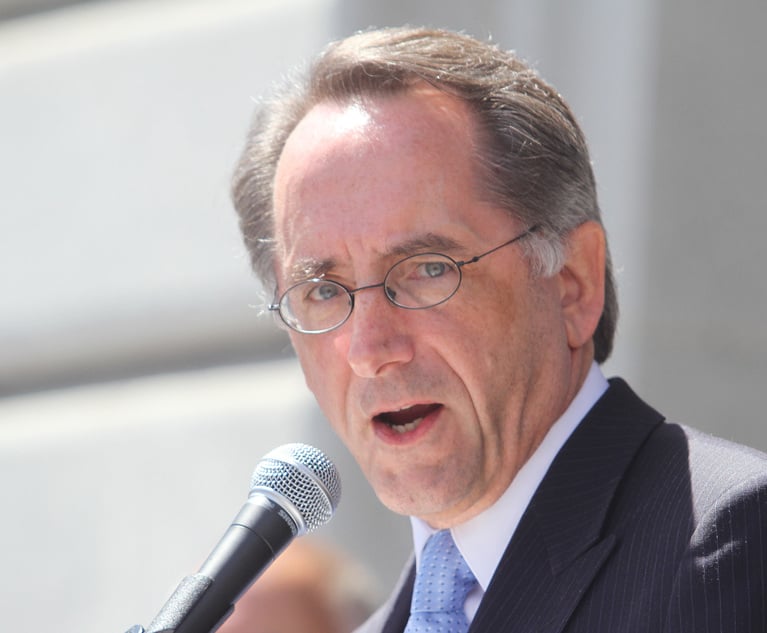At the beginning of the third and latest trial over alleged toxic properties of Roundup, plaintiffs lawyers asked a judge to prevent Monsanto Co. from advertising that its weed killer was safe. Their motion for temporary injunction focused on a full-page ad in The Wall Street Journal on the first day of voir dire, but that wasn’t what alarmed them the most—in court, they brought up another, more cutting edge, marketing practice: geo-fencing.
Geo-fencing is a digital marketing tool that allows companies to send pop-up advertisements to cellphone apps within a designated geographical area—in this case, according to plaintiffs attorneys, the courthouse in Oakland, California, where the third Roundup trial is ongoing. At an April 4 hearing, plaintiffs’ attorneys told the judge that Monsanto’s advertising activities were akin to juror tampering and asked to prohibit geo-fencing within a quarter of a mile of the courthouse.

 Photo: NoDerog/iStockphoto.com
Photo: NoDerog/iStockphoto.com








